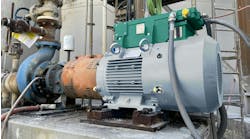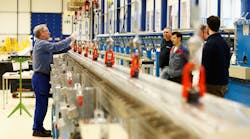Not many leaders today are talking about safety as a strategic lever. And the government does not trust organizations to embrace safety, so they legislate things we should do and audit us for compliance.
I propose that safety should be any CEO's first concern.
Not only is safety the right thing to do—it makes good business sense.
Consider this:
- U.S. employers pay over $50 billion per year in direct workers' compensation costs.
- Each prevented lost-time injury or illness saves $37,500.
- Investors increasingly use workplace safety and health measures to screen underperforming stocks.
- In a recent survey of several hundred top CFOs, 60% reported that each $1 invested in injury prevention returned $2 or more, and over 40% said productivity was the greatest benefit of an effective workplace safety program.
Paul O’Neill knew safety’s importance.
Shortly after being appointed Alcoa’s CEO in 1987, he addressed a group of Wall Street analysts in New York.
His very first sentence to the street: “I want to talk to you about worker safety.” While the analysts focused on standard questions about inventories and capital ratios, Mr. O’Neill replied, “I’m not certain you heard me. If you want to understand how Alcoa is doing, you need to look at our workplace safety figures.”











